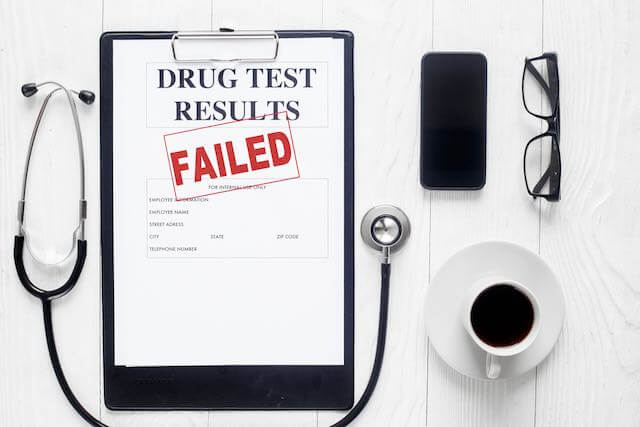In Holton v. Department of the Navy (CAFC No. 2017-1430, 3/9/18), the appeals court found that the agency did not violate a supervisor’s rights when he was removed for failing a drug test following a serious crane accident. The facts are as contained in the court’s decision.
Mr. Holton was a rigger supervisor at the Portsmouth Naval Shipyard when the crane accident occurred. He had worked at the shipyard for some 8 years, progressing from an apprentice rigger up to the supervisor position. As the Navy describes his responsibilities, “Mr. Holton had the responsibility for the safety of those under his supervision, as well as for ensuring the safety of the vessels and structures at the Navy Yard during the crane operation.” (Opinion p 2)
When his crew was responsible for a tricky crane operation involving movement of a submarine cover, Holton briefed them and turned the operation over to a subordinate, the rigger in charge. He then left to supervise preparation of the landing area where he could not see the actual crane operation when the accident occurred. The crane boom struck a building and caused some $30,000 in damage. Shipyard procedures called for drug testing of employees after such an accident, when “their actions are reasonably suspected of having caused or contributed to an accident or unsafe practice” …and allowed application of the Navy’s “crane team” concept” since it was concluded “the accident was caused by failure of the entire crane team as a whole.” (p. 4)
Mr. Holton, along with the crane team members was subjected to a drug test. Mr. Holton tested positive for marijuana. Unfortunately for him, he tested well beyond minimal limits, and this drug is specifically barred by Shipyard rules. The Navy removed him.
On appeal the Merit Systems Protection Board found the Navy was reasonable to test Mr. Holton, did not violate his 4th Amendment rights, and the removal was upheld.
The appeals court has considered Holton’s argument that the drug test violated his 4th Amendment rights. It comes down to whether it was reasonable to conduct post-accident drug testing given the reasonable suspicion that Holton could have contributed to the accident. As the court states, “We thus consider whether the circumstances surrounding the accident, taken objectively, would cause one to ‘reasonably suspect’ that Mr. Holton caused or contributed to the accident.” (p. 8)
In short, the court agrees that given Holton’s overall responsibility for the operation, it was reasonable to determine whether the incident occurred because of something the team supervisor either did or failed to do. In this case, he was still very much involved in the overall operation. The court held, “The relevant standard is whether it is reasonable to suspect that the employee caused or contributed to the accident, not that there was necessarily such a connection.” (p. 12)
Finding no error on the part of the Navy or the MSPB, the court has upheld Mr. Holton’s removal.


